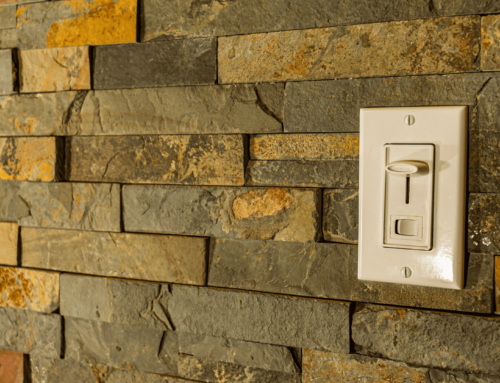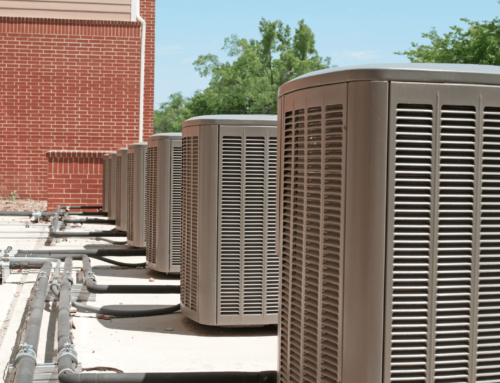
Home warranties alleviate those concerns, ensuring buyers that if something goes wrong, they won’t pay out-of-pocket to have it fixed. But warranties protect sellers as well. If a breakdown happens, sellers can’t be held liable for repair or replacement costs.
In addition, they provide an extra incentive for buyers worried about the reliability of their heating, cooling, and electrical systems. Sellers in a competitive market often use them to help assuage fears and close faster, especially on older homes.
But while its value is clear, it doesn’t settle the question of who pays for the home warranty?
Who Pays for the Home Warranty: Buyer or Seller?
Unlike home insurance, home warranties aren’t required to close a sale, so there is no rule stating whether the buyer or seller is responsible for them. In many cases, the seller may purchase one, but add the price to the closing costs. In this case, it’s the buyer, not the seller, who picks up the tab.
However, closing costs are always negotiable. Nothing prevents the seller from paying for the warranty. In some cases, the buyer can request the seller pay for it as a condition of the sale. For this reason, deciding who pays for the home warranty, buyer or seller, largely depends on the state of the market.
In a seller’s market, buyers typically pay. While a home warranty benefits both parties, when demand exceeds supply and the property receives multiple bids, sellers have little incentive to pay the cost. On the other hand, if the situation is reversed, buyers have every incentive to make sellers pay.
Buyers and sellers should talk to their real estate agents. Research the market. Find out whether prices are rising or falling, so when you sit down with the other party, you know what to ask for.
Who Else Pays for the Home Warranty?
The average cost of a home warranty is $350-$600 a year, though prices may vary depending on your coverage and deductible. Normally, the buyer or seller covers the cost, but not always. Occasionally, it’s paid for by the:
- Title Company. A home warranty might be part of the closing contract, even if the seller hasn’t offered one. When this happens, it’s the title company that generally buys the warranty, using money from the transaction. Buyer or agent can request a warranty from a specific company if they like, but if they have no preference the title company will choose whatever company they believe offers the best coverage.
- Real Estate Agent. If a home warranty is not part of the closing contract, sometimes the real estate agent will purchase one for the buyer. Selling agents often buy them to help close sales while buying agents purchase them to protect their clients.
Purchasing a Home Warranty Through Homesential
Homesential protects your core home systems: furnace, air conditioning, and electrical wiring. With no deductibles or service fees, they’re a valuable tool for sellers, a powerful incentive for buyers, and an important asset for homeowners.
Click to learn more about our home warranty coverage and select the right plan for you. Bundling coverage provides even greater savings and protection.






